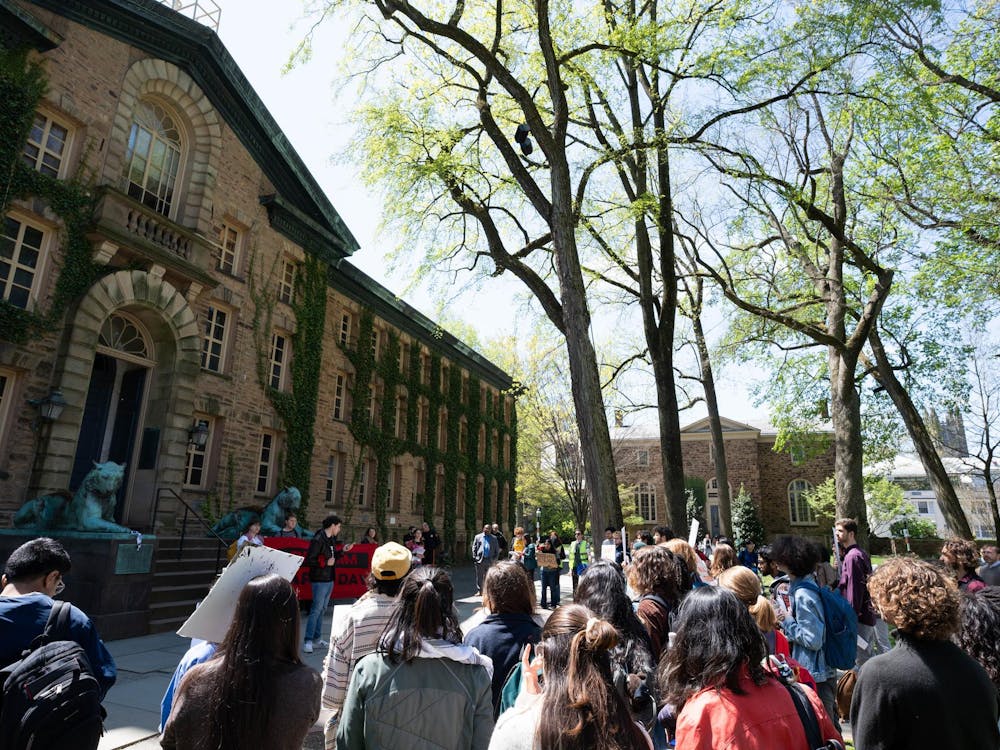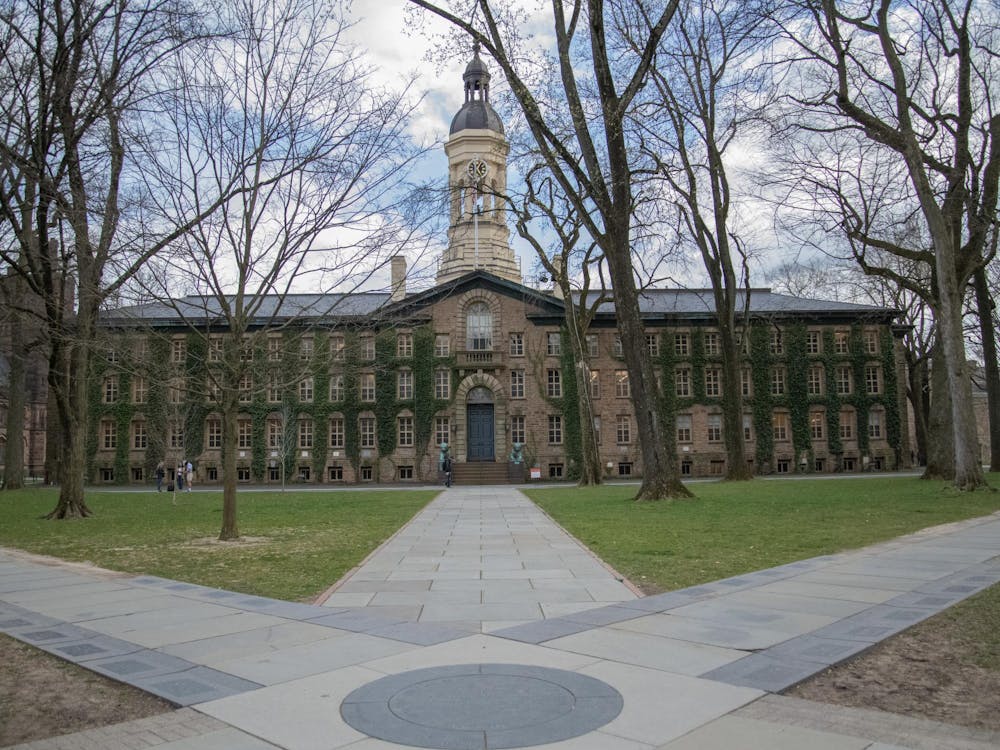It is one thing to take to the streets in protest of social inequality, but another to advocate for change using existing institutions. Looking back at the Democratic National Convention, there seemed to be a lot of unhappy people on the floor of the DNC and in the streets of Philadelphia after Bernie Sanders conceded the Democratic nomination to Hillary Clinton. In a recent New Republic article, Emmett Rensin wrote about how many of these Sanders supporters “valued something, and lost it. They believed in something, and have seen it frustrated. They now believe, and perhaps rightly so, that this loss will bring more pain to themselves and others, will make the world worse than it might have been.”
“Bernie or Bust” has become a mantra among many on the left, even among many of the celebrities who became involved in this political cycle. But now that the primaries are over, it is frankly irresponsible to abstain from the system and continue advocacy for a candidate who has already dropped out of the primary race. There needs to be an acknowledgement that change on the scale that Sanders supporters are asking for is not possible without participation in existing political institutions. Modern progressivism stands at a crossroads, and progressives need to ask themselves—are they going to work with the system to make it better or engage in an iconoclastic race to the bottom?
The Sanders campaign tapped into a real well of popular discontent with modern party politics. I personally am not a Sanders supporter and have been a Clinton supporter since the beginning of the primary season, but I identify very strongly with the Sanders campaign’s progressive agenda. It helped kick-start conversations over higher education and health care affordability, both very real concerns for me and many other students, and I’m grateful that Senator Sanders helped to set the agenda on those important issues. At least on Princeton’s campus and in the social media sphere, this inspired a lot of people to become active in the political process who otherwise would have stayed home during this political season. Yet, voting for the Green Party candidate Jill Stein or skipping voting altogether would waste the momentum behind the movement and potentially be counterproductive.
The energy of the Sanders movement needs to be channeled into productive avenues of political change. It is altogether too easy to make normative statements about changing the world, whether it is offering free college tuition or constructing a wall along the U.S.-Mexico border, but normative statements do not create a majority in the House or overcome a filibuster in the Senate. All of the activism in the world accomplishes nothing if there is no lasting policy change. And I am a strong believer in the power of incremental, institutional change.
Let’s take college affordability as an example. Free college sounds wonderful on paper, but it’s a political pipe dream, anathema to most on the right and unaffordable in reality without tax increases that most Americans just don’t want. However, now that the conversation over college affordability has been started, it’s important for activists to have a seat at the table. People might think that the political system is rigged against them, but the system will never change without personal involvement in the political process. Hillary Clinton, for her part, has unveiled a comprehensive college affordability plan, and advances towards college affordability, while not necessarily free college, are still better than the conversation being passed over altogether.
At the end of the day, progressive movements need to realize that it is only an institution like the federal government that is able to muster the resources necessary to effect meaningful change. To successfully pass a policy on the scale of a college-affordability plan requires skillful compromise and the institutionalization of political power, which progressives from the Sanders wing of the Democratic Party simply don’t have right now.
As President Barack Obama very eloquently put it, “Don’t boo. Vote.” There’s a choice this November between the continuation of agitation without end and the advancement of real, progressive political change. Let’s hope my fellow progressives on campus and across the country make the right decision to continue promoting a progressive agenda —but within the political framework we already have. Being an apathetic or bitter spectator to the election risks electing a racist, xenophobic ignoramus who regularly incites political violence and dabbles in conspiracy theories. It’s time to store the picket signs and get to work.
Nicholas Wu is a junior from Grosse Pointe Shores, Mich. He can be reached at nmwu@princeton.edu.








